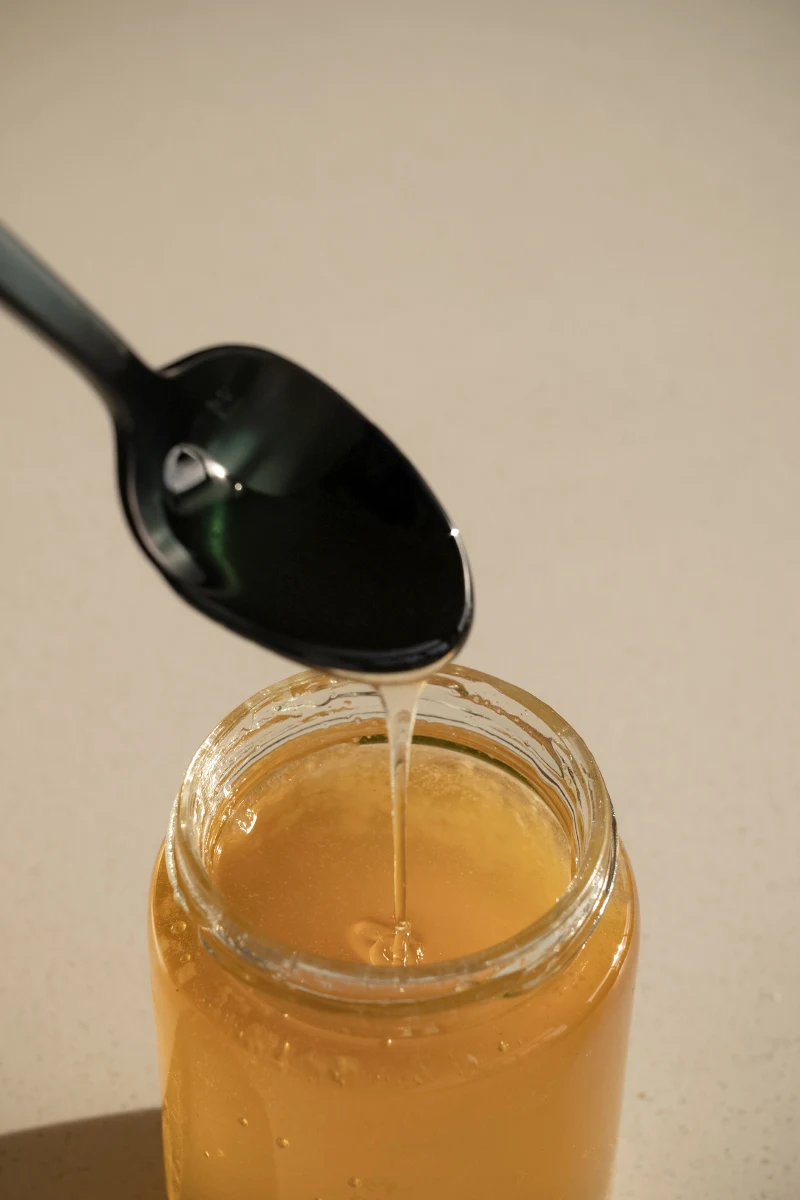Acne can affect one’s self-esteem and also leave behind permanent scarring. Therefore, it’s important to treat it as soon as possible. There are many traditional routes to go down with treatment, and these should be explored first. Antibiotic tablets, topical antibiotics, and topical retinoids are typical go-to solutions for GPs. Women can also try combined oral contraceptive pills to see if that yields any results too.
However, each case of acne can be different, and some sufferers respond to certain treatment plans better than others. If you’ve expended the most common options, looking for safe alternative treatment is the next step. Below you’ll find a few suggestions for alternative treatments to help with acne-prone skin. Make sure to discuss these options with your healthcare specialists too!
Disclaimer: While many of these skincare recipes offer natural and effective solutions, it's essential to note that individual skin sensitivities may vary. If you have known allergies or concerns about any ingredients, please consult with a healthcare professional before using them.
- #1. Dermatologist Acne Treatment
If you have concerns about your acne, your GP should be your first stop. If they can’t solve the problem with basic treatment methods, they may choose to refer you to a specialist. It would help if you seized that opportunity because these professionals are skin specialists.
These professionals will have multiple acne treatments available in their service. Browse their online resources to view all their different approaches to treating acne in their own words. They also recommend a phased approach to treatment, a succession of stages that improve your acne over time. Monitoring your progress with an expert London acne treatment center can provide peace of mind.
Of course, with dermatologist acne treatment, you can be certain that there is a plan B all the way to plan Y. You can also ask them questions about your progress without worrying about any judgment. For those dealing with severe or persistent acne, dermatologists may suggest stronger treatment options. Exploring Isotretinoin information can help you understand this highly effective medication, which is often prescribed for cases that haven’t responded to other treatments.
While it requires careful monitoring due to potential side effects, it has helped many people achieve long-term acne relief. Ultimately, treating acne doesn’t need to be an overwhelming or anxiety-inducing experience.
Photo: Angélica Echeverry
- #2. Acid Exfoliation
Acid exfoliation can be a useful process in any skincare routine. The bonds between skill cells are broken down, but it also banishes dead cells from your skin, making way for newer versions and thus brighter, healthier-looking skin.
Obviously, it would be best if you didn’t go around pouring any old acid on your face. Treatment needs to be tightly regulated by yourself and a healthcare professional. Done properly, this is a non-abrasive way to revitalize your skin and even have a good shot at healing acne scars.
Remember to patch test before use. If you apply a small amount of these products, you can see how well your skin and acne respond to them. So long as you don’t experience discomfort and your healthcare specialist gives you the green light, you can proceed with the alternative treatment.
- #3. Neem Leaf Paste:
Neem leaves are a natural remedy with antibacterial and anti-inflammatory properties that can help treat acne and prevent future breakouts. Neem contains azadirachtin, a compound with potent anti-inflammatory and antimicrobial effects. It can help reduce inflammation, redness, and swelling associated with acne, and also help to kill acne-causing bacteria.
Photo: Alex Falconer
- #4. Manuka Honey:
Many people apply honey to their faces to balance the bacteria on their skin. It charges up the skin cells, making their healing processes far more efficient. Of course, not every type of honey will trigger this reaction. High MGO Manuka Honey has proven to be the most effective at having anti-acne properties. It has anti-inflammatory effects, leaving few bacteria to infect your pores and eventually sprout into acne. The lower pH level also speeds up the healing process.
- #5. Apple Cider Vinegar Toner:
Apple cider vinegar (ACV) can be a helpful addition to your skincare routine when used correctly. However, it's crucial to dilute it with water before applying it to your face. Undiluted ACV can be too harsh and irritating for the skin. A general recommendation is to mix 1 part ACV with 3 parts water. Later you can balance the ratio based on your skin's reaction to the toner.
- #6. Aloe Vera Gel:
Aloe vera is one of the most popular and affordable ingredients we all use in skincare. It is an alternative, natural remedy for acne and other skin conditions due to its soothing. Aloe leaf contains a variety of compounds, including polysaccharides, enzymes, and vitamins, that can help to reduce redness, swelling, and inflammation associated with acne breakouts.
- #7. Green Tea Facial:
Everyone who deals with acne has probably heard of the green tea facial. It is just as effective and easy as it sounds! Brew a cup of delicious green tea, but don't drink it! Instead, let it cool completely. After washing your face, use the cooled green tea as a final rinse. Pat your face dry and use this method 2-3 times a week for best results.Final Thoughts...
There are other alternative treatments to help with acne-prone skin, but the ones listed here are the safest and most promising. Once again, remember to contact your doctor and dermatologist for their approval before trying a new treatment.
Lots of love,
Liz









